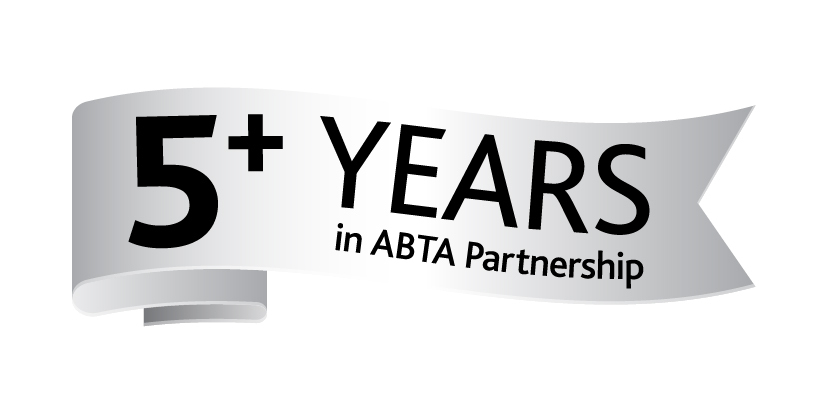Welcome to our round up of the latest SEO news. These are the stories that have caught our eye over the past month.
Google June 2025 core update has started rolling out
On the 30th of June, Google announced that they started to roll out the June 2025 core update. It is expected to take up to three weeks for the rollout to complete, so we can expect to see volatility in the SERPs over the coming weeks.
At this stage, it is too early to determine what this update is targeting, or to determine the winners and losers from the update. With a core update, we would normally expect to see major changes, but with the last update in March, we saw minimal changes.
With that update, we expected to see Google turn the screw on AI generated content, something that never materialised, or not to the extent that we expected. Thin AI generated content, which offers a poor user experience, is becoming more prevalent on the web, with some agencies offering solutions for producing it at scale. It is only a matter of time until the major search engines focus their attention on it.
If your site is negatively impacted by this update, you might want to read our article on what to do if your site is hit in a Google update, or alternatively, speak to our SEO team directly.

Google’s head of search on the future of ads in AI search
Liz Reid, Google’s head of search, recently gave an interview on the company’s AI transition. It is a wide-ranging interview which covers a number of topics, it is definitely worth a read.
It is clear from the interview that Google intends to make AI central to their search offering. They no longer differentiate between AI and search. Going back to Google’s mission statement, AI is a tool that is helping Google ‘organise the world’s information’ in an intelligent way.
One thing that did jump out is that Google is about to start rolling out ads in AI mode. It’s worth noting that AI mode is not the same as AI Overviews and is still currently only available to users in the USA and India. Ads have already started appearing in AI Overviews.
AI traffic has increased by 9.7 times in the past year
Ahrefs published the results of their study into the growth of AI traffic. The study found that while AI traffic is continuing to grow, it currently accounts for less than 1% of total traffic. On average, they found that AI traffic accounts for 0.25% of a site’s total traffic.
The study also reported that the average site’s traffic has dropped by around 21% in the last year, while AI traffic has grown by 9.7 times. The decline in search traffic, they conclude, is down to AI Overviews and AI Mode.
Interestingly, they found that AI traffic peaked in April, before decreasing in May and June.
Does AI search traffic convert better than traditional search traffic?
Ahrefs posted a blog explaining how AI search traffic accounts for only 0.5% of their traffic but 12.1% of their signups. Visitors from AI search converted at 23 times the rate of visitors from traditional organic search.
This data would appear to back up claims by a number of Google executives suggesting that AI traffic is better quality than that of traditional search.
Ahrefs found users coming through AI search traffic viewed more pages and had a lower bounce rate. This could be because these users are further along their search journey and closer to making their purchase.
Google AI Mode stats
SE Ranking have published the results of a study that analysed how AI Mode dealt with 10,000 keywords compared to organic search and AI Overviews.
Key findings included:
- AI Mode and AI Overviews results overlap for 10.7% of URLs and 16% of domains.
- AI Mode and organic results overlap for 14% of URLs and 21.9% of domains.
- The results are volatile. Running the same query on multiple occasions produces different results, with only 9.2% of URLs matched across three tests.
- In AI Mode, 5.7% of all citations were to Google properties - that is more than any other domain.
- Business profiles in Google Maps accounted for 97.9% of these links. They appeared in 9.2% of searches.
AI Mode is far from the finished product, but Google, as Liz Reid spelt out in her interview, see it as the future of search.

How to get links in AI search
A recent leak of Claude’s (the AI assistant) system prompt, shed light on how it chooses to include links to content. In part, it is dependent on the search category, but more importantly, is it possible to paraphrase the information or is the information something that the user could only get to from the linked page?
They give examples of the type of information that they would externally link to, such as content that:
- Adds value or expert perspectives
- Includes interactive tools
- Contains live data
- Has genuine user generated content
- Shares local information
Although this leak was specific to Claude, it mirrors the advice that we pass on to clients for traditional SEO, in particular sites who are in an online space where the E-E-A-T framework is applied. Create unique content that people want to read and communicate your expertise.






